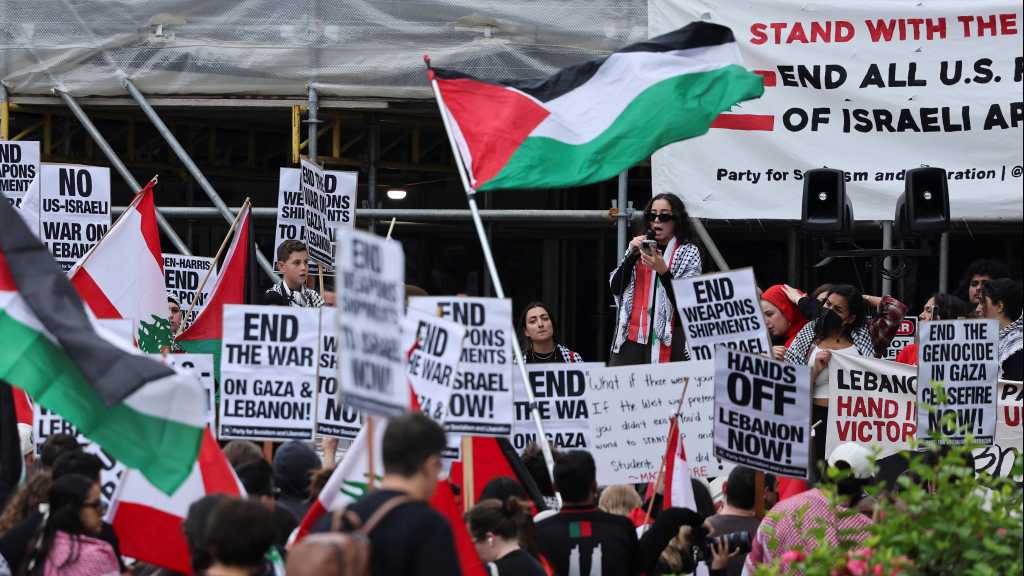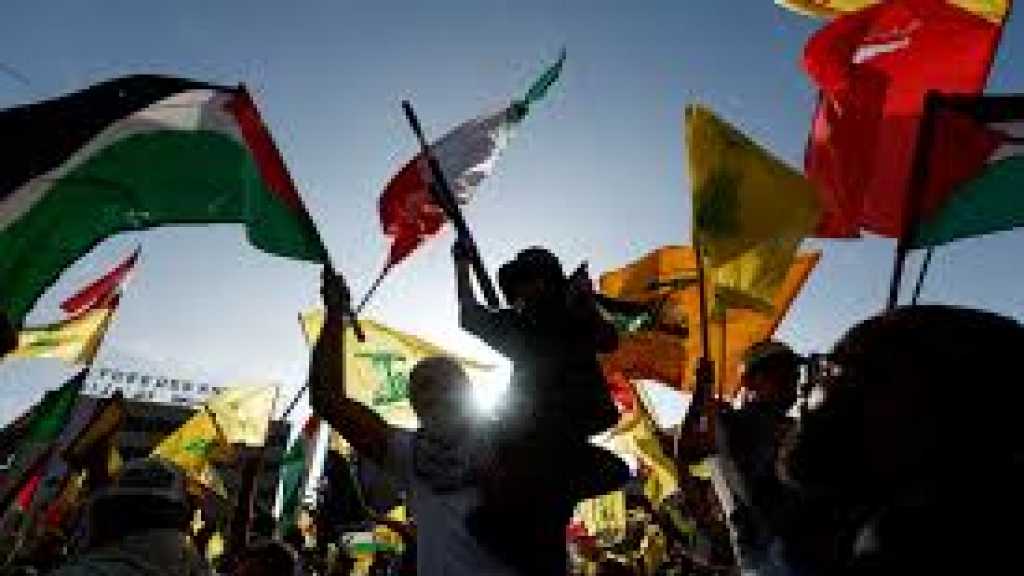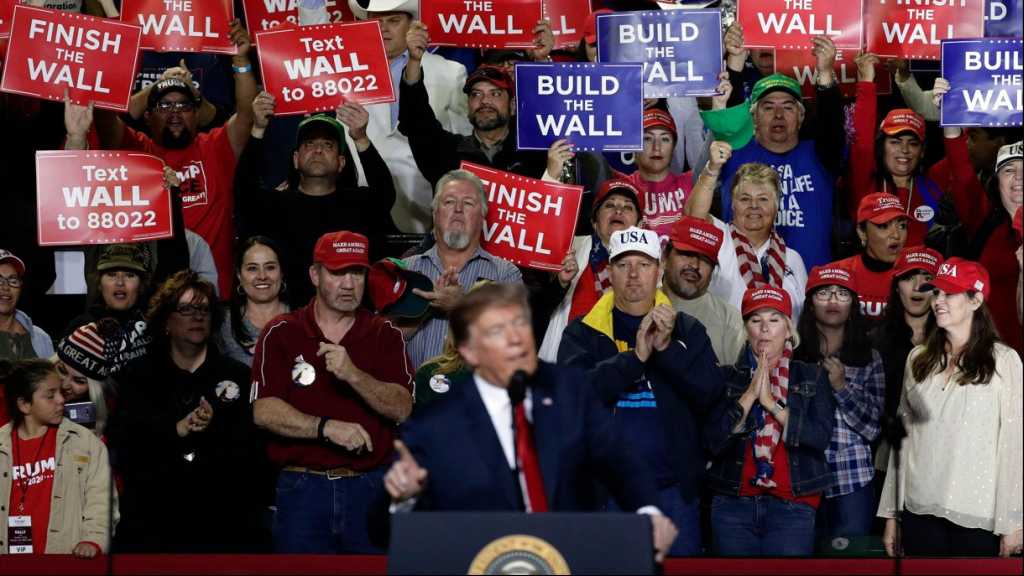
Executive Orders: Legitimacy and Presidential Maneuvers

By Mohamad Hammoud
Executive orders are powerful tools issued by the President of the United States to manage federal operations without congressional approval. While they carry the force of law, their legitimacy often sparks debate, particularly when they appear to bypass Congress or infringe upon constitutional rights. A pertinent example is President Donald Trump's recent executive order prohibiting foreign nationals from expressing support for designated terrorist organizations, specifically Hamas and Hezbollah. This essay examines the legitimacy of executive orders, the maneuvers presidents use to avoid congressional oversight, and the implications of Trump's order.
The Nature and Legitimacy of Executive Orders
Although the US Constitution does not explicitly mention executive orders, they derive authority from the President's executive power under Article II. Historically, these orders have directed federal agencies in executing laws and policies established by Congress. However, their legitimacy is not absolute; executive orders must align with existing statutory or constitutional authority and cannot contravene federal law. When they overstep these boundaries, they can be challenged in court and potentially deemed unconstitutional.
Bypassing Congress: Presidential Maneuvers
Presidents often resort to executive orders to implement policies when faced with legislative gridlock. This approach allows for rapid action but can be controversial, as it may encroach on Congress's authority. Such unilateral actions can lead to significant policy shifts without the deliberation and consensus typically associated with the legislative process.
Trump's Executive Order on Hezbollah and Hamas
On January 20, 2025, President Trump signed an executive order titled "Protecting the United States from Foreign Terrorists and Other National Security and Public Safety Threats." This order allows for the deportation of foreign nationals, including students, who express support for designated “terrorist” organizations like Hamas and Hezbollah. It asserts that the US must ensure that admitted individuals do not harbor hostile attitudes toward its citizens, culture, or government.
While the order does not directly affect American citizens' right to protest, legal experts have raised concerns about the order's broad language and discretionary enforcement. The order significantly raises constitutional concerns over potential infringements on free speech rights. The First Amendment protects the right to express support for political causes, including those that may be controversial. By prohibiting support for specific organizations, the executive order risks criminalizing dissent and stifling legitimate political expression, which is particularly troubling in a society that values open discourse.
Moreover, the vague language surrounding what constitutes "support" for Hezbollah or Hamas could create a chilling effect, discouraging individuals from engaging in political discussions or humanitarian efforts related to these groups. This uncertainty may lead to unjust targeting of those expressing solidarity with their home countries affected by conflict.
The Impact of Unconstitutional Executive Orders
One of the most significant issues with potentially unconstitutional executive orders is their immediate and often irreversible impact before judicial review. By the time an order is legally challenged and potentially overturned, the damage may already be done, including the erosion of civil liberties and the creation of a climate of fear and uncertainty.
In the case of Trump's executive order, the potential for abuse and targeting of foreign nationals based on political opinions or cultural backgrounds could have far-reaching consequences. It could lead to investigations, financial penalties, or imprisonment for individuals or organizations that inadvertently violate its provisions. The fear generated by such actions can stifle political discourse and activism.
A notable example is Trump's 2017 executive order banning several Muslim-majority countries from entering the US This travel ban resulted in widespread confusion and distress, leading to family separations, disrupted travel plans, and significant legal uncertainty. Although the ban faced numerous legal challenges and was ultimately revised, many individuals experienced prolonged separations from families and missed educational opportunities during the litigation process.
Conclusion
Executive orders are powerful tools that allow presidents to implement policy and direct government operations without congressional approval. While they can effectively enact change, they also raise significant questions about legitimacy, constitutional boundaries, and the potential for abuse of power. Donald Trump's recent executive order prohibiting support for Hezbollah and Hamas, particularly in the form of protest, underscores these concerns, as it poses constitutional questions and risks immediate impacts before judicial review. As with any executive action, it is crucial to balance the need for swift policy implementation with the protection of civil liberties and the preservation of democratic principles.
Comments

Executive Orders: Legitimacy and Presidential Maneuvers
one month ago

